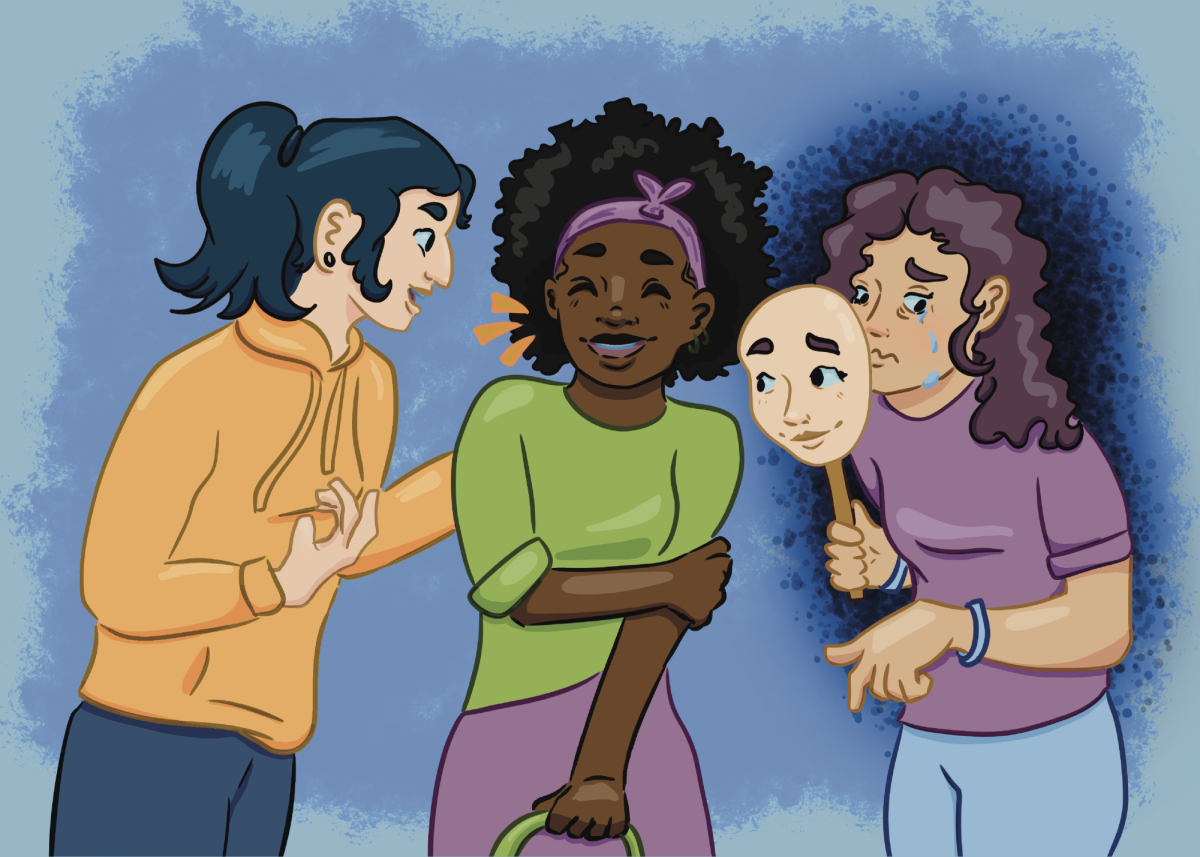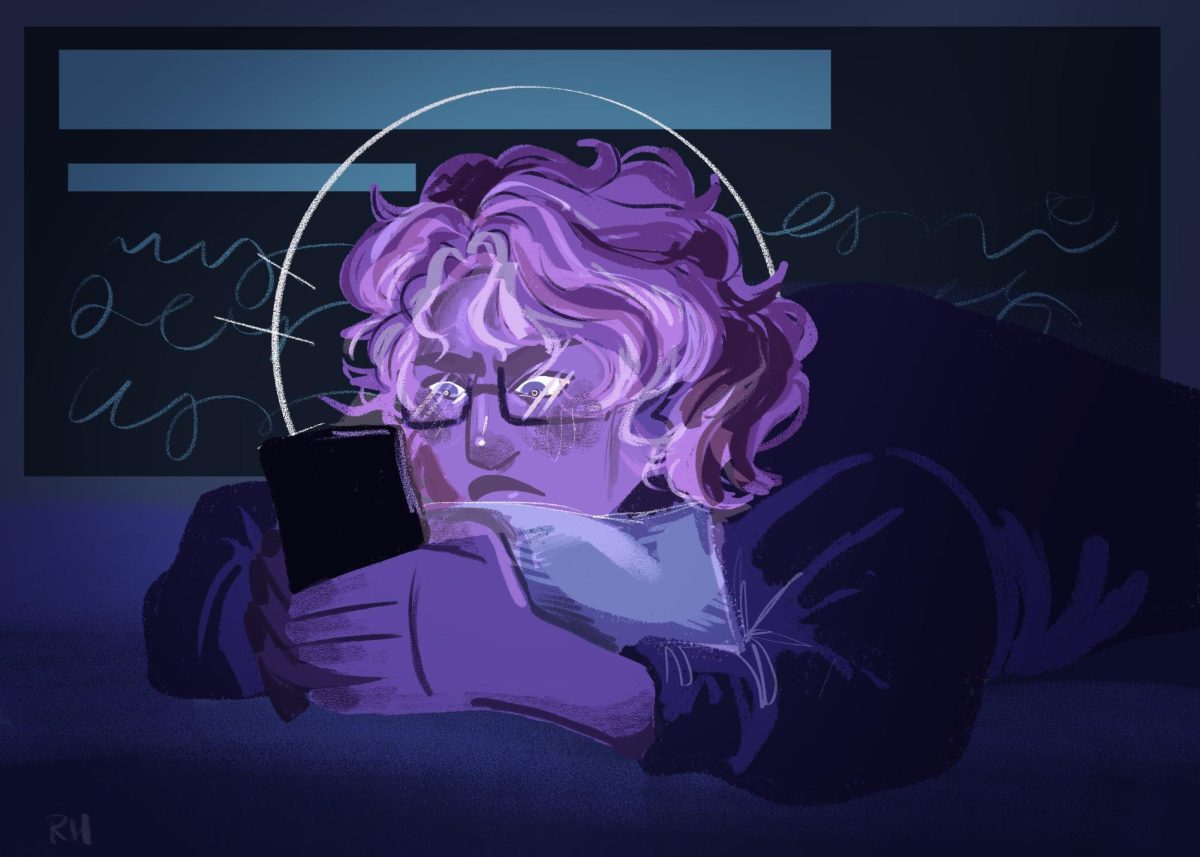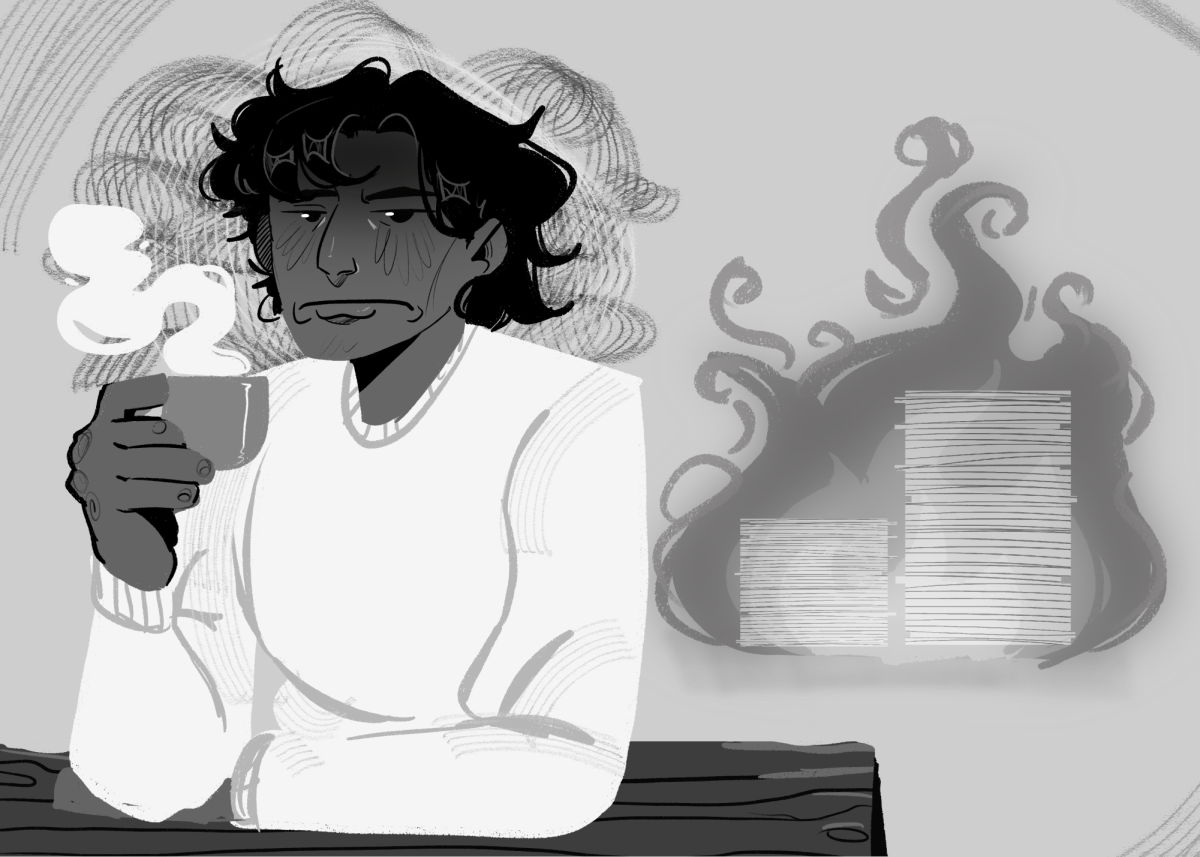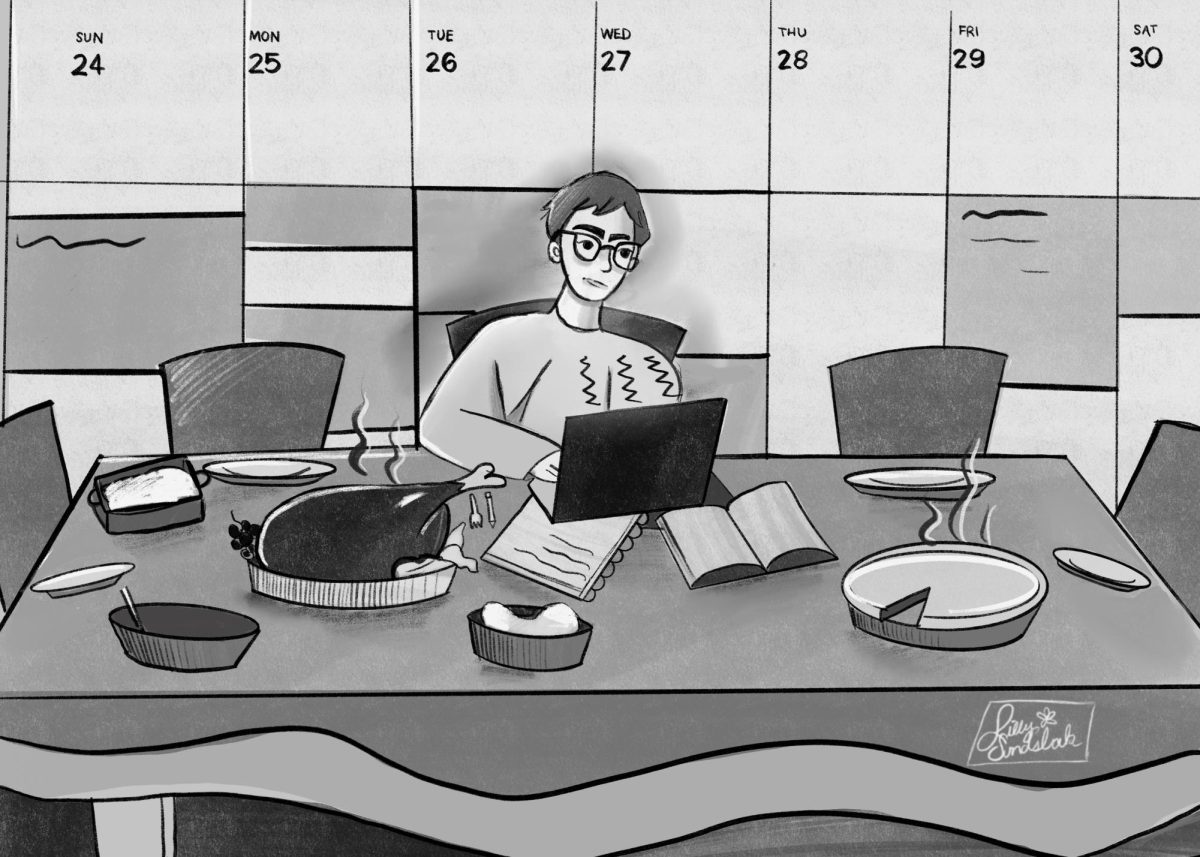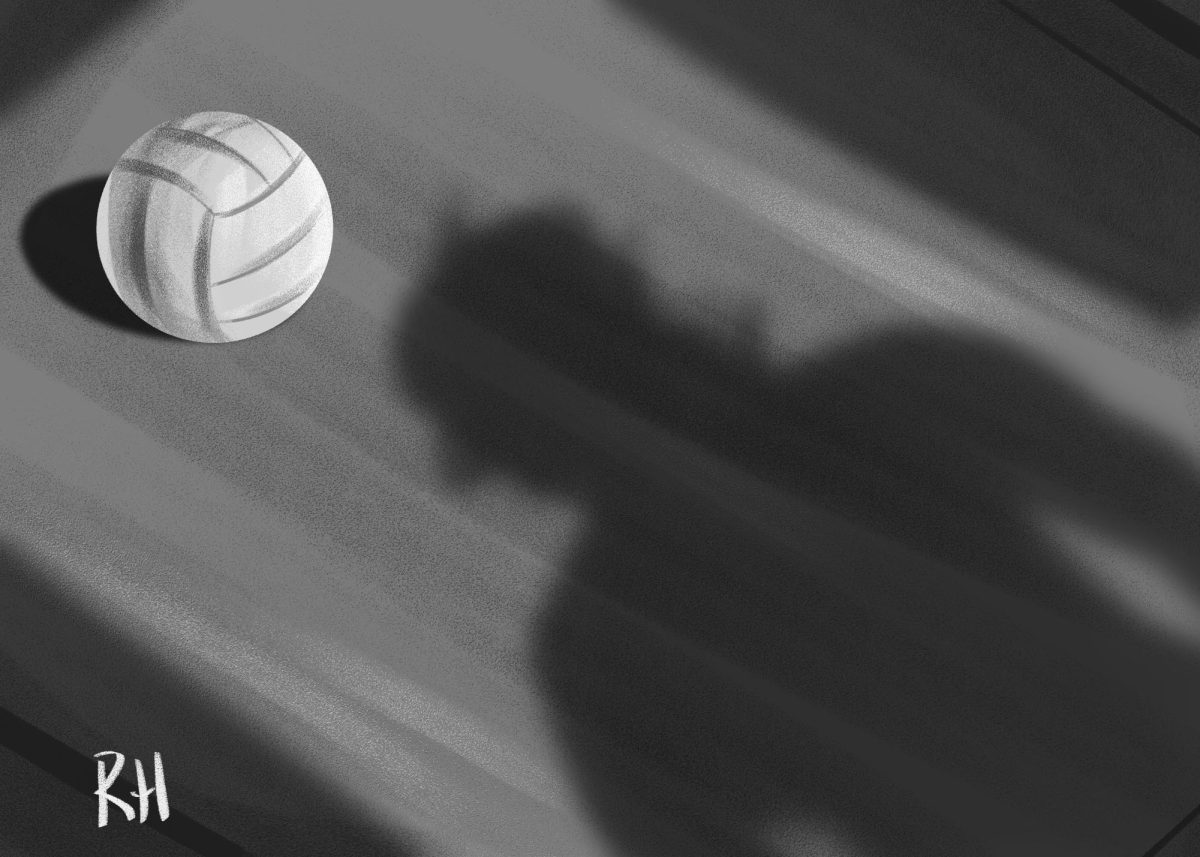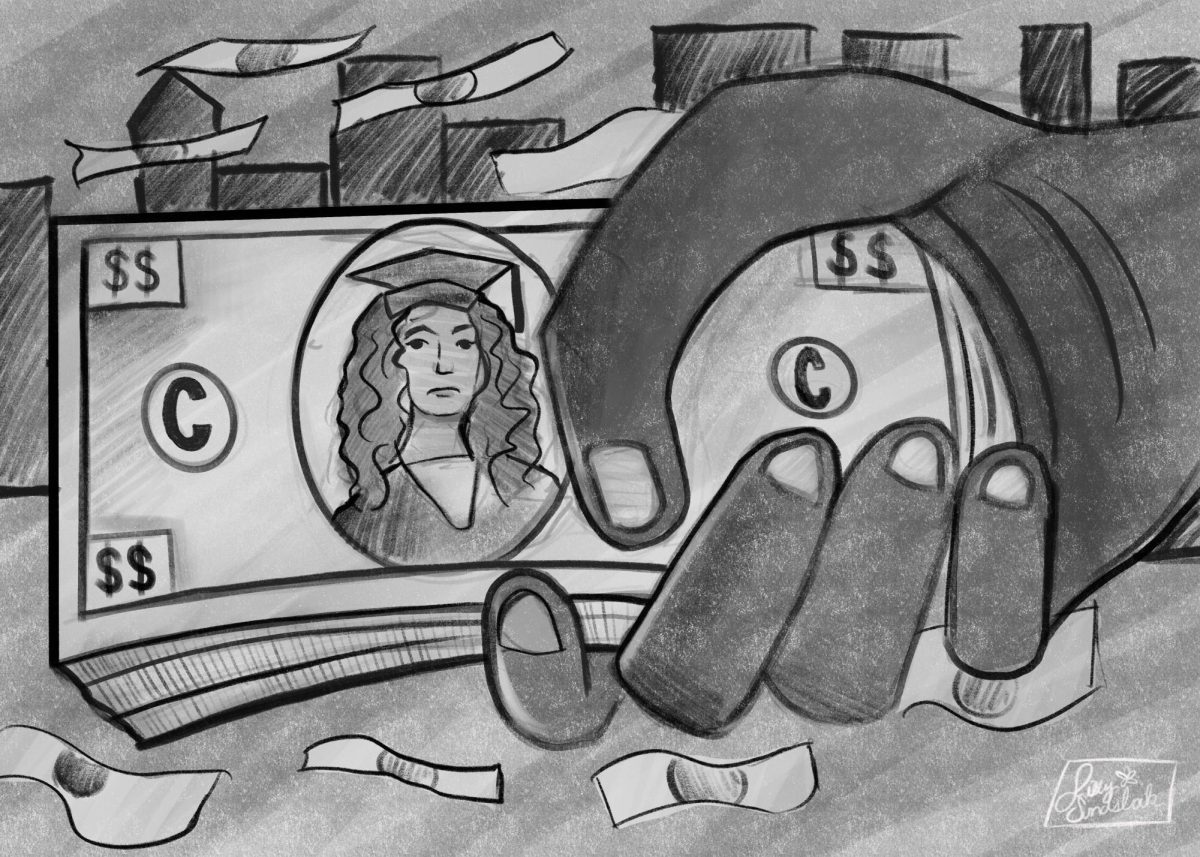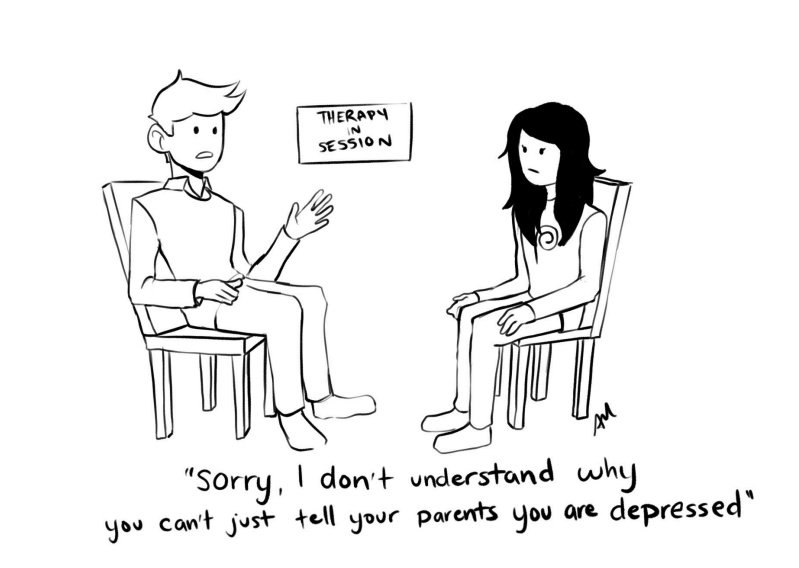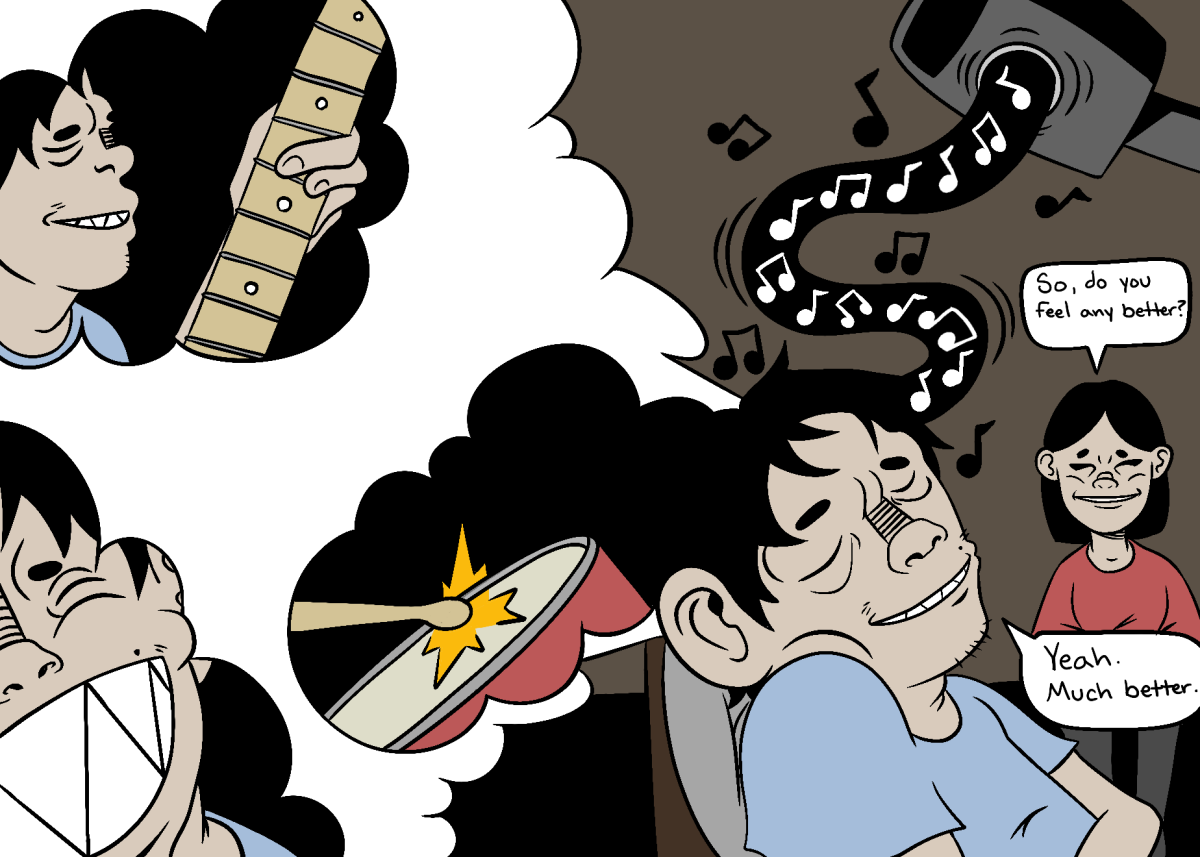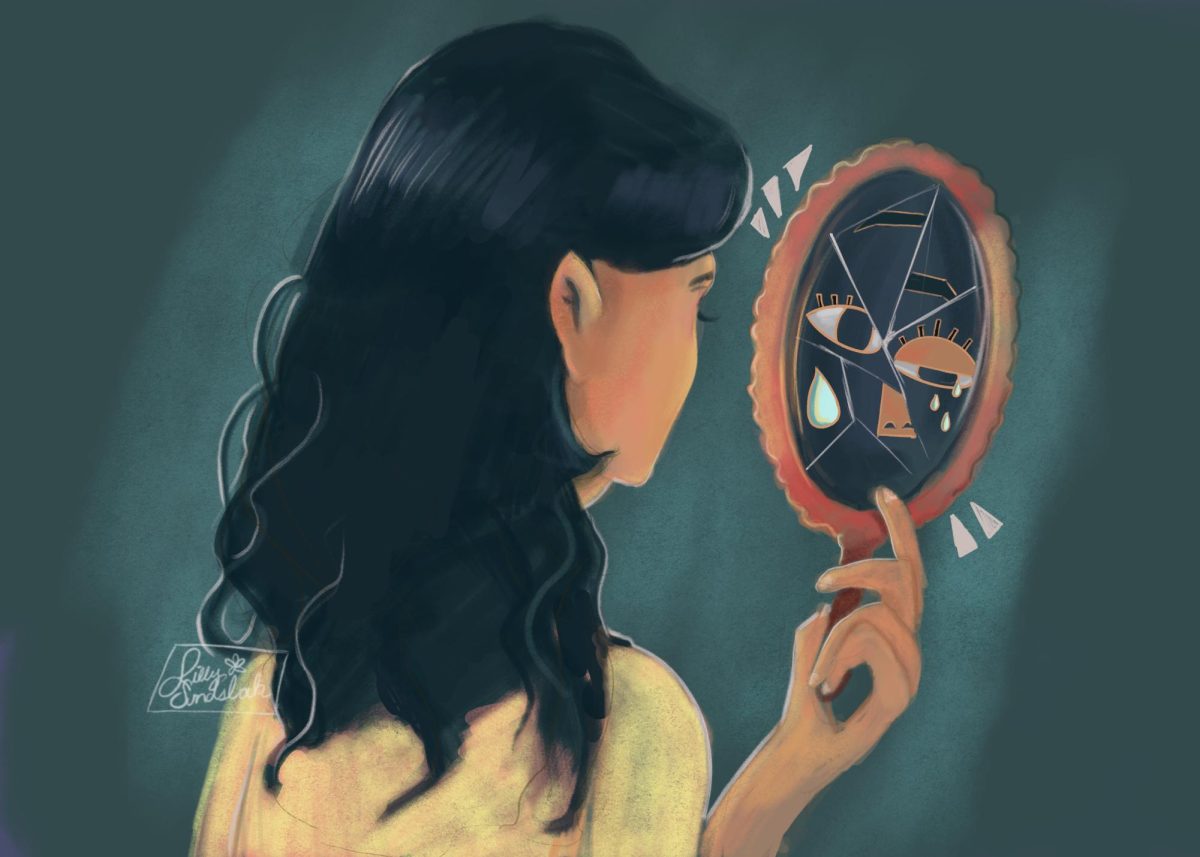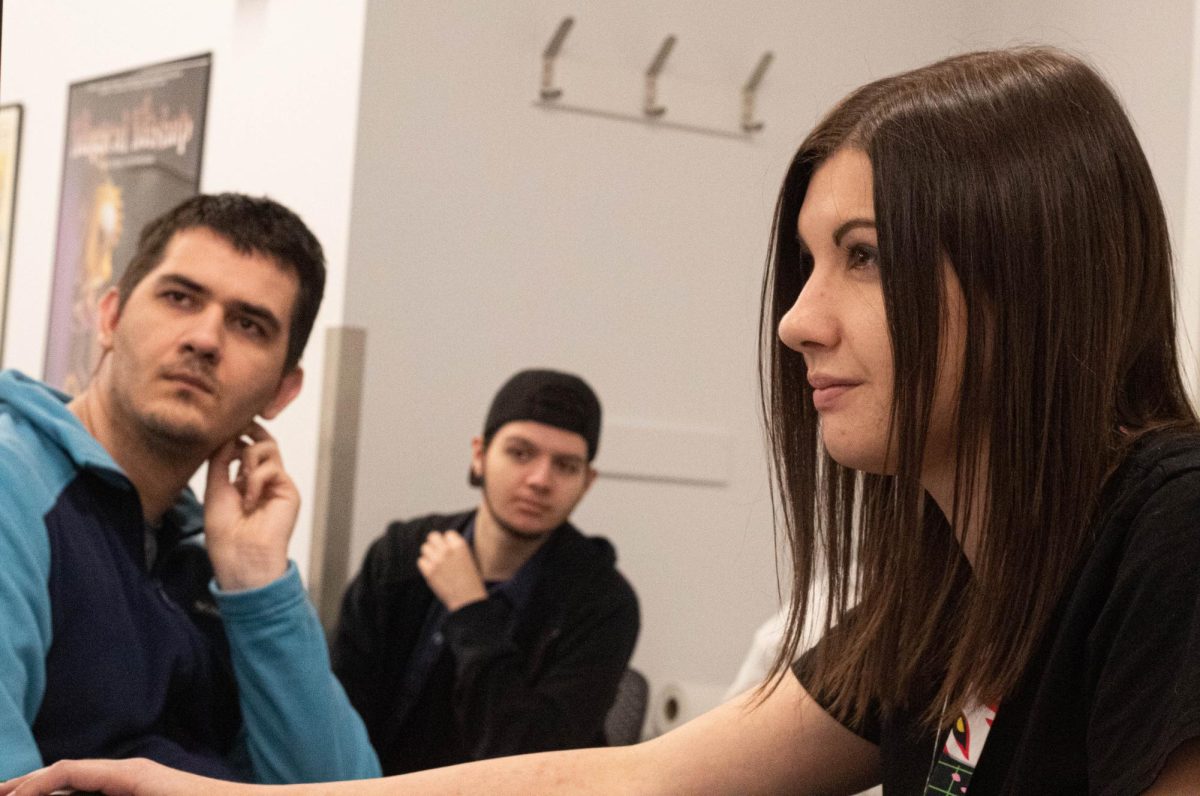MENTAL HEALTH ISSUE
When I was younger, I was always trying to find ways to fit in with my peers and make myself feel “normal.” From the way I dressed to the food I ate, I changed my preferred way of living so I wouldn’t inconvenience the people around me.
I was diagnosed with autism as a toddler, but my mom always thought I had “grown out of it” because I seemed to fit in with my peers. When the diagnosis was confirmed again during my freshman year of high school, everything started to make sense to me.
With this new information, my entire life changed. I finally had an explanation for why I was “different” or “acted weird.” I no longer had to pretend like I fit in with everyone and could finally be myself. My new conversation starter was “Hi, I’m Hailey, I’m sorry if I act weird or anything, I’m autistic.”
As time went on, I realized that certain people still wouldn’t understand me because I appear neurotypical to anyone who doesn’t know me. This realization put me back into my norm of putting on a cover, also known as masking.
Although masking is a strategy that many autistic people use, it can be harmful more than helpful.
I mask so often that sometimes I lose sight of my true self. I tend to mask when I am in a classroom setting, around people I am not fully comfortable with, or if I am at work or in a professional setting. When a neurodivergent person recognizes a social interaction might be affected by being perceived as neurotypical, they might mask. I mask so frequently that when I don’t have to do it anymore, my peers and friends think I have an alter ego that comes out when I get tired.
Masking is present in all genders; however, studies show that people who identify as women tend to mask more which is why autism in women is often diagnosed later in life. Having a late diagnosis for me caused a lot of identity issues. I wasn’t sure if I had been living a lie my whole life or putting on a character.
The hardest thing for me on my journey so far has been finding a balance between being treated the same as everyone else and having my sensory issues accommodated and respected. My roommates and friends have always done a good job of not babying me or treating me differently because I’m autistic. However, I sometimes get insecure as to whether they just ignore my autism, or if they have gotten used to the masked version of me.
Being in college is a much different living experience than being at home. I had to learn to deal with the food smacking, door slamming and dish clinking. I get anxious thinking about having to ask my roommates or friends to be cautious of my sensory issues, and I have had times where I have isolated myself in my room to avoid confrontation. At the end of the day, why should anyone have to accommodate their living style for me?
Breaking free from the masks requires courage and support. I need an environment of acceptance and understanding in order to feel comfortable embracing full authenticity and self-acceptance. When we unmask autism, we reveal both the true faces that were hiding in plain sight and a diversity that adds to our shared human experience.
Hi, I’m Hailey. I’m sorry if I act weird or anything. I’m autistic.
Hailey Wilkins is a senior film major from Dallas, Texas.
Copy edited by Vanessa Orozco
Submit an op-ed of no more than 850 words here or email editorialboard@columbiachronicle.com


